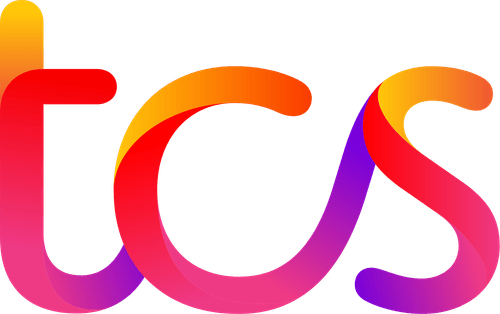Designed for software engineers with less than three years of experience, this Early Engineering Interview course for entry-level software engineers is the boost you need to kickstart your career.
Covering data structures, algorithms, interview-relevant topics, and career coaching
Technical coaching, homework assistance, solutions discussion, and individual sessions
Live interview practice in real-life simulated environments with FAANG and top-tier interviewers
Constructive, structured, and actionable insights for improved interview performance
Resume building, LinkedIn profile optimization, personal branding, and live behavioral workshops
If you do well in our course but still don't land a domain-relevant job within the post-program support period, we'll refund 50% of the tuition you paid for the course.*
This is how we make your journey structured and organized. Our learners spend 10-12 hours each week on this course.
1
2
3
4
5
1
2
3
1
1
1
1





1
2
3
1
2
3
1
2
Preferred qualifications:
3
New Grad SW. Engineer
US$226K
US$206K
US$19K
US$20K
What should an entry-level software engineer know?
What should a beginner software engineer do?
Which language is the best for software engineers?
<div>C++, Java, and Python are the most popular choices for programming languages among software engineers.</div>
What qualities should a programmer have?
<div>Problem-solving ability, creativity, curiosity to upskill and learn, patience, logical thinking, and self-discipline.</div>
What are some rules new Software Engineers should try to follow?
<div>Follow coding standards, avoid technical debt, use the resources and tools at your disposal, and gain clarity about the task required first and foremost.</div>

The 11 Neural “Power Patterns” For Solving Any FAANG Interview Problem 12.5X Faster Than 99.8% OF Applicants
The 2 “Magic Questions” That Reveal Whether You’re Good Enough To Receive A Lucrative Big Tech Offer
The “Instant Income Multiplier” That 2-3X’s Your Current Tech Salary

The 11 Neural “Power Patterns” For Solving Any FAANG Interview Problem 12.5X Faster Than 99.8% OF Applicants
The 2 “Magic Questions” That Reveal Whether You’re Good Enough To Receive A Lucrative Big Tech Offer
The “Instant Income Multiplier” That 2-3X’s Your Current Tech Salary
Just drop your name and email so we can send your Power Patterns PDF straight to your inbox. No Spam!
By sharing your contact details, you agree to our privacy policy.
Time Zone: Asia/Dhaka

We’ve sent the Power Patterns PDF to your inbox — it should arrive in the next 30 seconds.
📩 Can’t find it? Check your promotions or spam folder — and mark us as safe so you don’t miss future insights.
We’re hosting a private session where FAANG insiders walk through how they actually use these Power Patterns to crack interviews — and what sets top performers apart.
🎯 If you liked the PDF, you’ll love what we’re sharing next.
Time Zone: